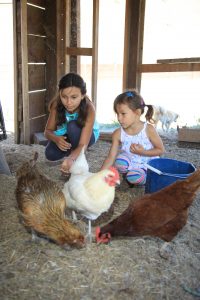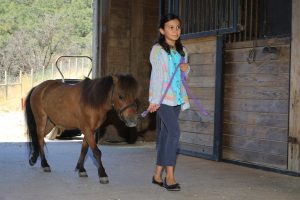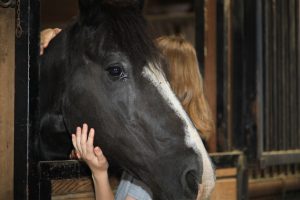Trauma, Resiliency, and The Healing Power of Animals
The Foundation has been serving families and individuals in the North Bay and Sonoma County for some time, whether it be survivors of trauma or victims of the wild fires of 2017. We are expanding this program to be able to serve many more of those who can use our services. These services vary according to the specific needs in each situation, some are intense workshops, others are therapeutic services spanning a longer period of time.
Our approach to therapy is highly client centered. Over the years, listening to individuals and families describe their desire to “feel safe”, “at peace”, and ‘’connected” has lead us to believe that you can move forward. Complex cases of abduction survivors and other victims of crimes and/or trauma often share the same language of feeling ‘stuck”,” unable to “problem solve” and “isolated”. We would hear over and over an expression of a perceived lack of feeling safe and comfortable in the world. This therapeutic approach is not for everyone. It is interactive and collaborative with the client. We believe in emphasizing the importance of understanding the impact we all have on each other and the importance of disconfirming beliefs and assumptions we have each made about our ability to feel safe, secure and resilient in an ever changing world.
A particular focus is the awareness of the role of the nervous system and its impact on the narrative the brain develops is a new and exciting way of understanding how people can get stuck and isolated. This research based poly vagal informed approach is key in regulating our emotional response in stressful situations. Research has shown that families who can be resistant to formal therapy may be more accepting of and accessible by an experiential mode of treatment. Our collection of experiential therapy components allows for a metaphorical presentation of material in a less threatening interactive manner.
Horses are non-judgmental and are highly effective in appearing to mirror attitudes and behaviors of people. They are very sensitive to non-verbal communication and will reflect back the message they get from people. The activities with the horses are selected specifically for each family. Some goals of this experiential therapy include:
– Identifying and experiencing positive aspects of non-verbal communication.
– Recognizing, understanding, and utilizing boundaries.
– Taking directions.
– Building trust.
– Identifying self success.
– Relationship building.
– Increasing self esteem.
– Increasing ability to make appropriate choices.
– Expressing feelings.
– Facing fears.
– Improving listening skills.
– Increasing respect, empathy and compassion.
We also use cooking, hiking, art and recreational activities to promote connection, communication and healthy problem solving.




